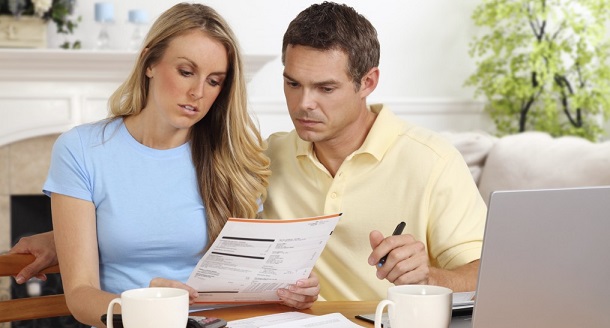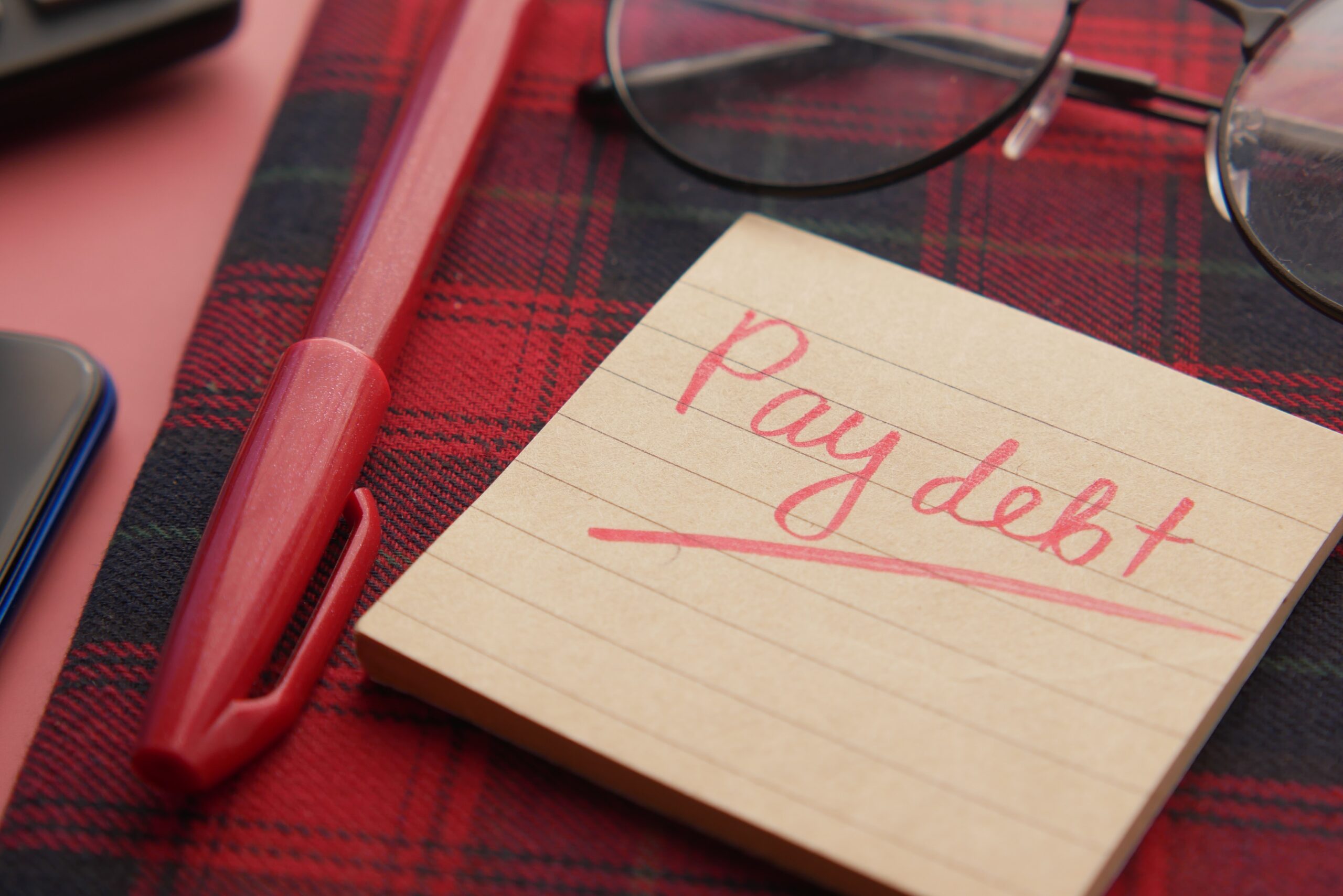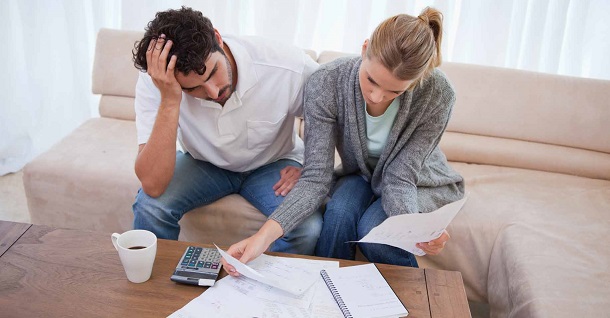
If you aren’t able to pay off your debts, you can declare yourself bankrupt, a process whereby your debts are written off (allowing you a fresh financial start) as long as you abide by certain conditions.
Applying For Bankruptcy
Applying for bankruptcy costs £680 and must be done online. You can pay via credit or debit card in full, or in instalments of no less than £5 per week. You can also pay in full in cash at the bank (you’ll be told which one once you’ve completed your application). If you live in England or Wales you cannot apply for bankruptcy in Scotland or Northern Ireland; you must follow their bankruptcy rules.
Before you apply for bankruptcy, make sure it’s the right option for you. Depending on the size of your debts, and the number of creditors, you might want to consider a Debt Relief Order or Individual Voluntary Arrangement.
What Information Will You Need?
You’ll be asked to submit details of your income, expenditure, expenses and debts in your application, along with evidence that verifies the information you’re providing including:
- Payslips
- Statements, e.g. benefits, pensions, council tax and credit cards
- Utility bills
- Letter from creditors and bailiffs.
You’ll need to confirm the information you’re providing is accurate and agree to a credit check as part of the process.
Don’t attempt to hide or withhold any information as this is a criminal offence and could result in a fine or prison sentence. If you don’t have everything you need to complete the form, don’t guess; you can save your application in progress and finish it when you’ve all the details you need.
What Happens After You Apply?
Once you’ve submitted your application, it will be reviewed by an Adjudicator in the Insolvency Service. They’ll decide if you can be declared bankrupt. Adjudicators have 28 days to make a decision, which can be extended by 14 days if they need more information.
Once you’re declared bankrupt your bank account may be frozen immediately. Make sure you have enough cash in hand to cover any living costs before you apply.
What Happens If Your Application Is Rejected?
If the Adjudicator decides you’re not eligible for bankruptcy, you can appeal. The first step is to ask the Insolvency Service to review their decision. If it isn’t reversed, you can appeal to your local courts using a form N161.v
What Happens If Your Application Is Accepted?
If they accept your application, the Adjudicator will send you a copy of your bankruptcy order and any bankruptcy restrictions. In general, you cannot:
- borrow over £500 without letting the lender know you’ve declared bankruptcy
- act as a company director unless the court gives permission
- set-up, manage or promote a company unless the court gives permission
- change a businesses name and continue to operate without letting customers know you’ve declared bankruptcy
- work in debt advice.
Your name will be included on the Individual Insolvency Register. You can only have your name removed if there’s a risk of violence to you or your family.
Once you’ve been declared bankrupt, your bank accounts may be frozen, and the Official Receiver takes control of your finances and any property you own. Their role is to administer your bankruptcy, using any funds you have to pay creditors. It can take up to two weeks for the Official Receiver to contact you (this will not stop your bank accounts being frozen). They’ll arrange to meet you to discuss your bankruptcy; this can usually be done over the phone.
The Official Receiver might arrange for your bank accounts to be unfrozen so that you can use them. If they don’t, you’ll need to open a new bank account. There may be restrictions on any new account, and not all banks will accept your application.
How Long Does Bankruptcy Last?
Once you’re declared bankrupt, the order lasts a year. The Official Receiver has to discharge you from bankruptcy; you cannot do this yourself. You can be released early if you pay off all your creditors before the year is up.
The Official Receiver can extend the period of your bankruptcy if you don’t cooperate, so it’s essential to provide them with the information they need and not obstruct them in any way.
Remember, while bankruptcy can help you be debt free, it has significant implications for how you live your life. Think carefully before you decide to apply, considering all other options.
Related: Mortgages for discharged bankrupts.



